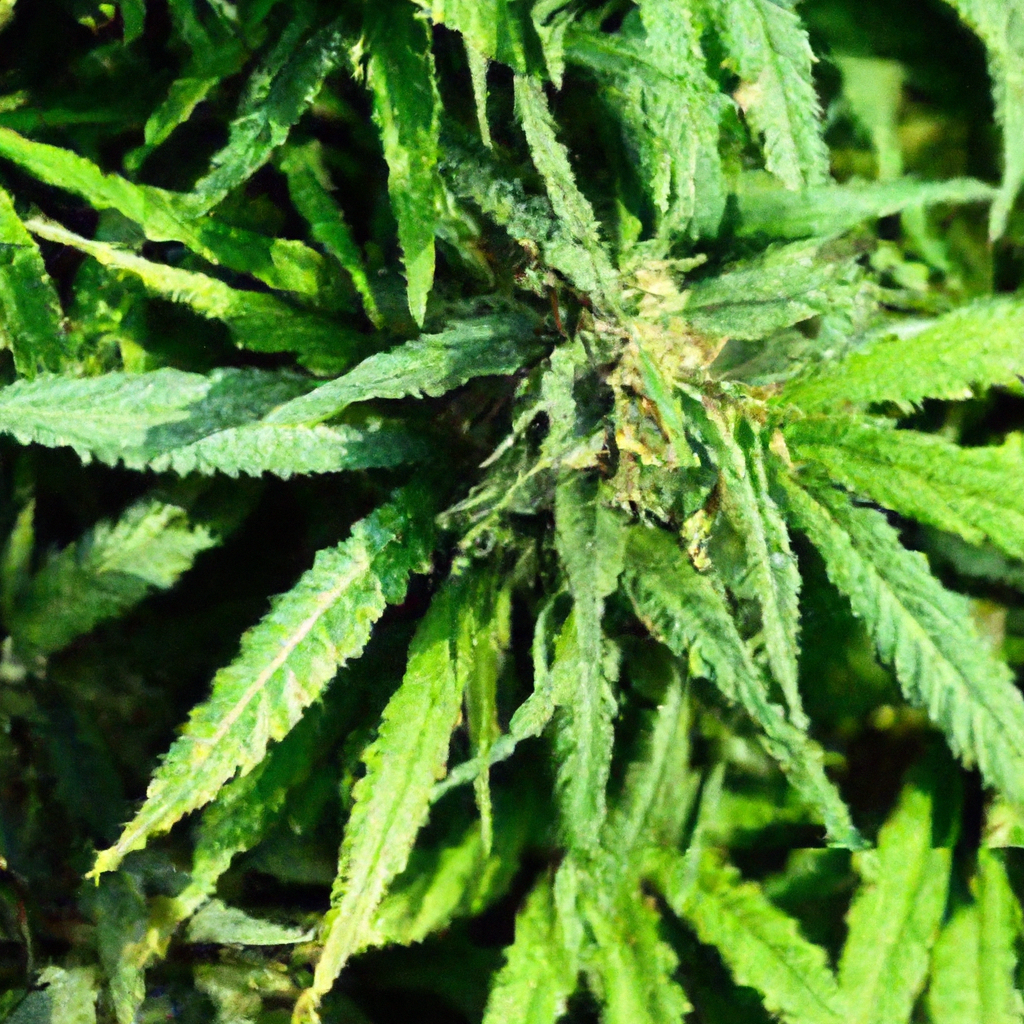Your cart is currently empty!
As cannabis culture continues to expand, more growers are adopting organic practices to meet consumer demand for eco-friendly and health-conscious products. Organic cannabis cultivation is not just about skipping synthetic chemicals; it encompasses building a thriving soil ecosystem that supports plant health naturally. This article explores sustainable techniques to enhance your organic cannabis grow, focusing on natural fertilizers, compost, and effective pest management that benefit both the environment and consumers.
Building the Perfect Soil Ecosystem
Healthy soil is the cornerstone of successful organic cannabis cultivation. It acts as a living medium where beneficial microbes, fungi, and organic matter work together to nourish plants. Consider these tips to enhance your soil:
- Compost and Mulch: Use homemade compost or certified organic compost to introduce diverse microorganisms and nutrients. Mulching helps retain soil moisture and suppress weeds naturally.
- Beneficial Microbes: Inoculate soil with mycorrhizal fungi and beneficial bacteria to improve nutrient uptake and disease resistance.
- Crop Rotation and Cover Crops: These practices prevent soil depletion and enhance soil fertility, contributing to robust plant growth.
Natural Fertilizers for Vibrant Growth
Opt for natural fertilizers that enrich the soil while promoting sustainable growth:
- Compost Tea: Brew compost tea to provide plants with a microbial boost and essential nutrients like nitrogen and potassium.
- Fish Emulsion: A rich source of nutrients, fish emulsion feeds plants while improving soil microbial activity.
- Bone Meal and Blood Meal: These are excellent for providing phosphorus and nitrogen, which are crucial for flowering and growth.
Eco-Friendly Pest Control
Effective pest management in organic cannabis cultivation relies on integrating natural methods to control pests without harming beneficial insects:
- Companion Planting: Plant pest-repelling herbs like mint and basil nearby to deter common cannabis pests.
- Insecticidal Soaps and Neem Oil: Use these organic solutions to manage aphids, mites, and other harmful insects while being gentle on the environment.
- Biological Control: Introduce predators such as ladybugs and predatory mites to maintain a natural balance in your grow area.
The Environmental and Consumer Benefits of Organic Cannabis
Choosing organic methods benefits not only the environment but also consumers who enjoy purer products:
- Environmental Impact: Organic growing reduces chemical runoff, preserves biodiversity, and promotes soil health.
- Consumer Health: Cannabis grown without synthetic chemicals is healthier for consumers, offering cleaner smoke or ingestion.
- Market Demand: As awareness grows, consumers increasingly prefer products labeled as organic, leading to potential market advantages for growers.
Conclusion
Embracing organic cannabis cultivation practices can lead to healthier plants, more sustainable growing environments, and satisfied consumers. By focusing on soil health, natural fertilizers, and eco-friendly pest control, growers can enhance their operations sustainably. Investing in organic methods is a commitment to the planet and quality cannabis growth.
Tags: OrganicGrowing, NaturalFertilizers, EcosystemBuilding, SustainableAgriculture, PestManagement
Discover more from Magic Clones
Subscribe to get the latest posts sent to your email.


Leave a Reply